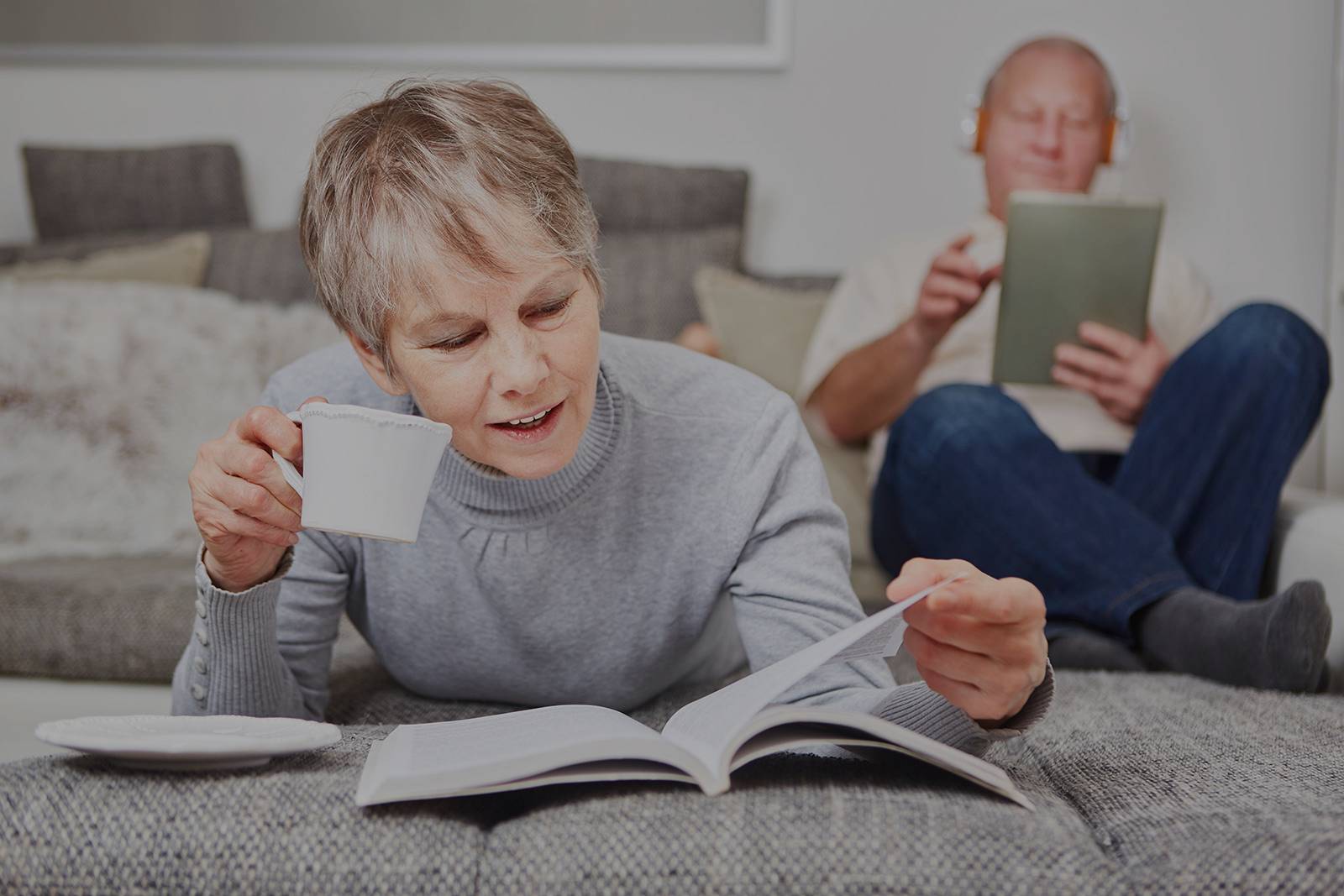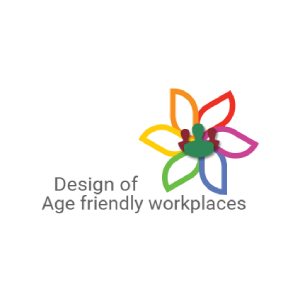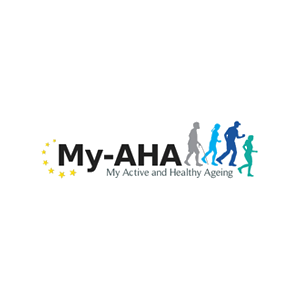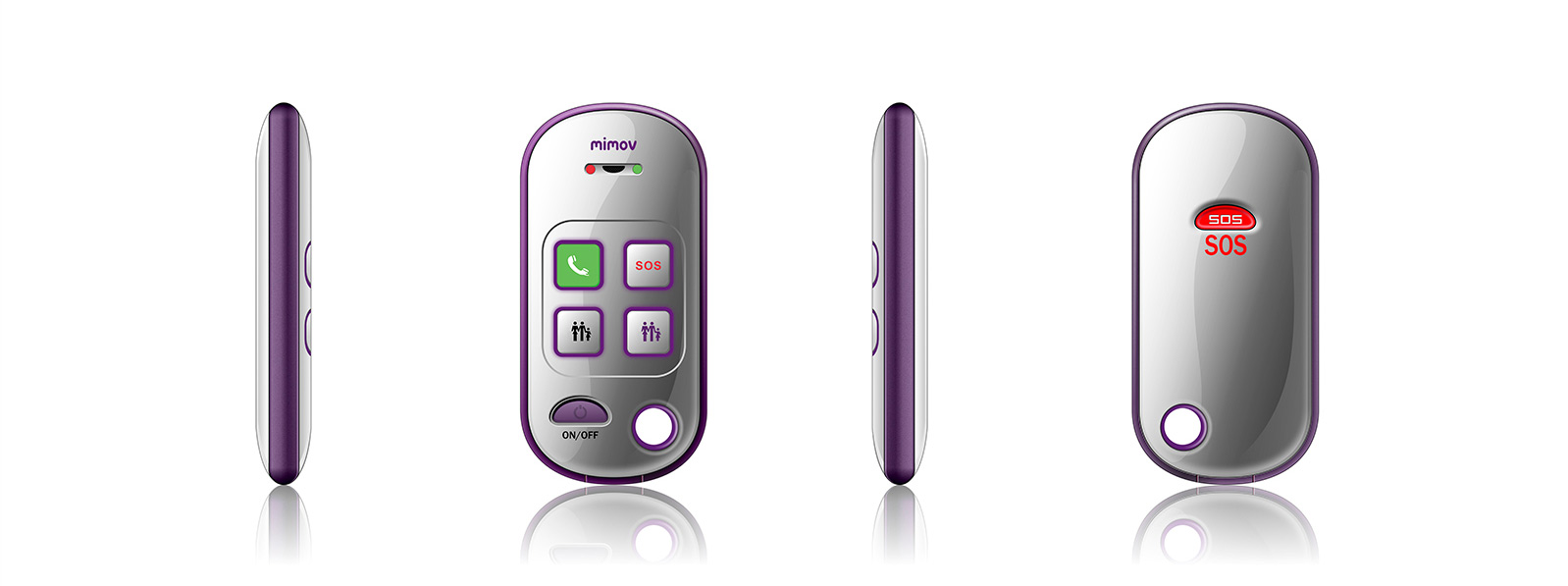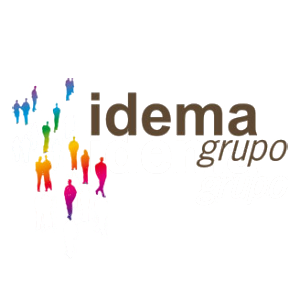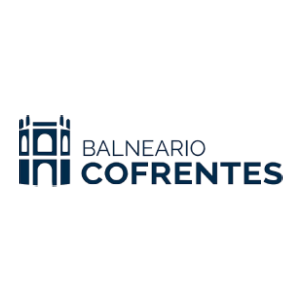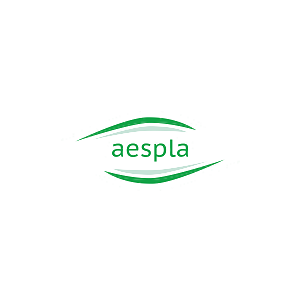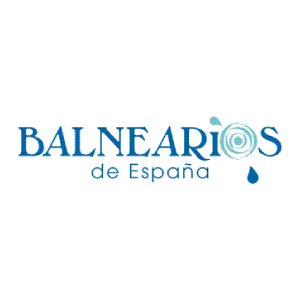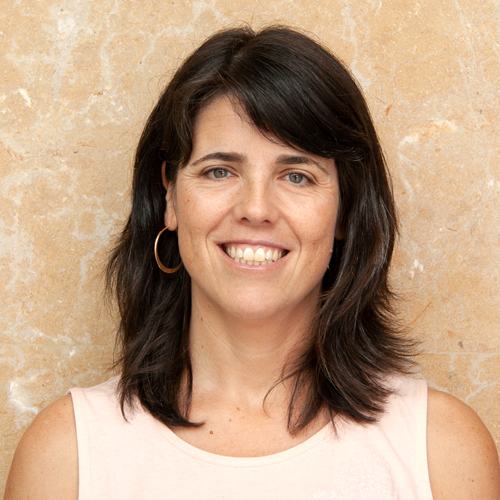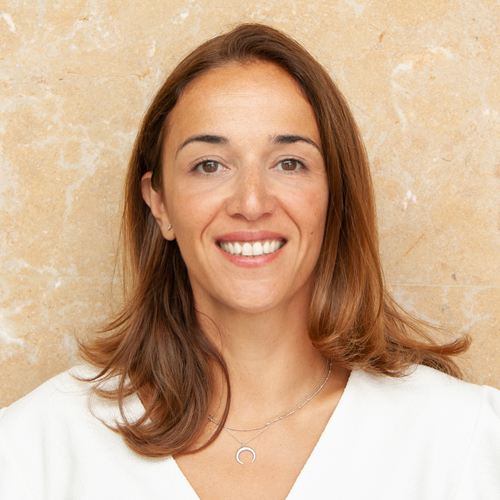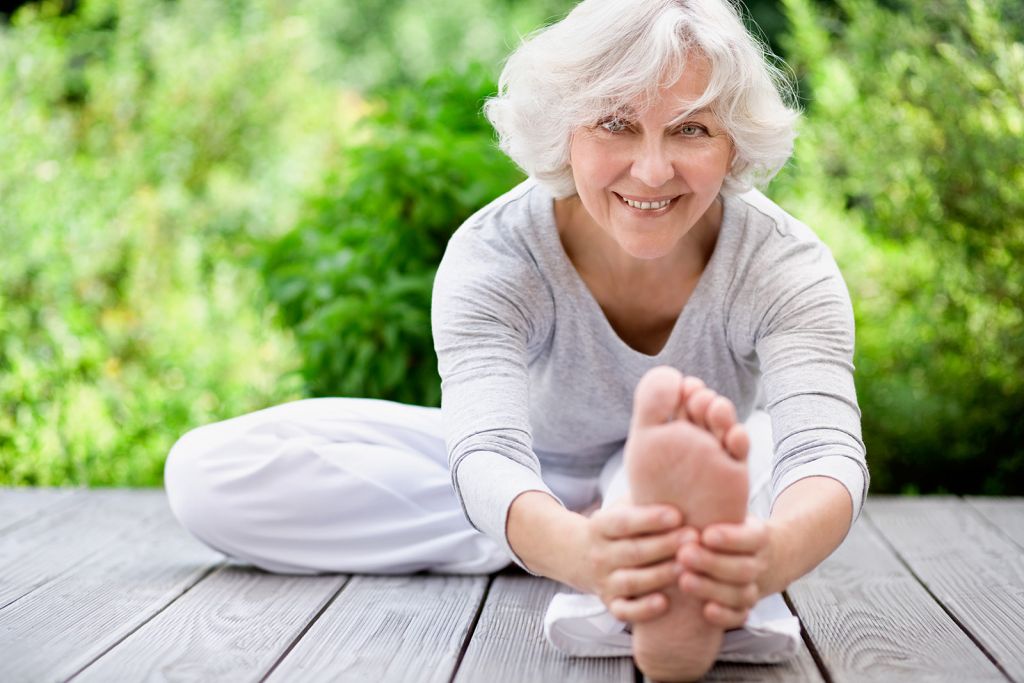
At the Instituto de Biomécanica (IBV) we have a solid scientific basis as regards ageing, which enables us to carry out projects concerning the elderly and people in a situation of dependency, fragility or disability. We have the necessary knowledge to help companies, associations, users and institutions to develop products and services and to continue improving such people’s quality of life.
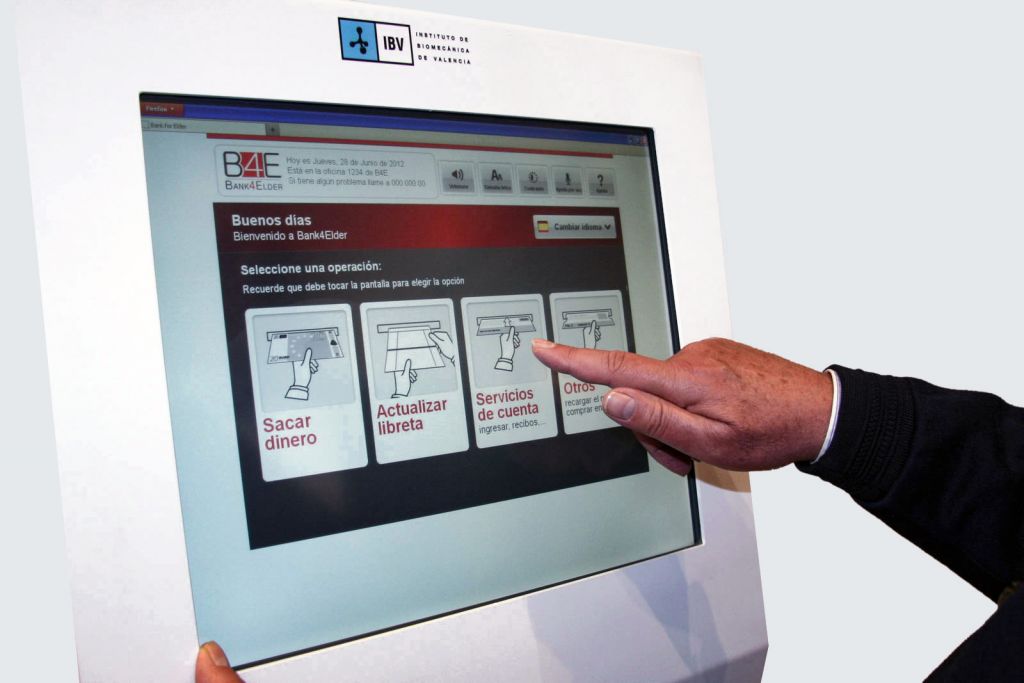
Based on our knowledge acquired about the elderly population, we accompany companies in the process of designing and validating their solutions, putting forward improvements to them in order to fully satisfy the end client.
We analyse elderly people’s interaction with the devices by applying people-centred innovation methods so as to identify possible improvements in them from the point of view of usability and functionality.
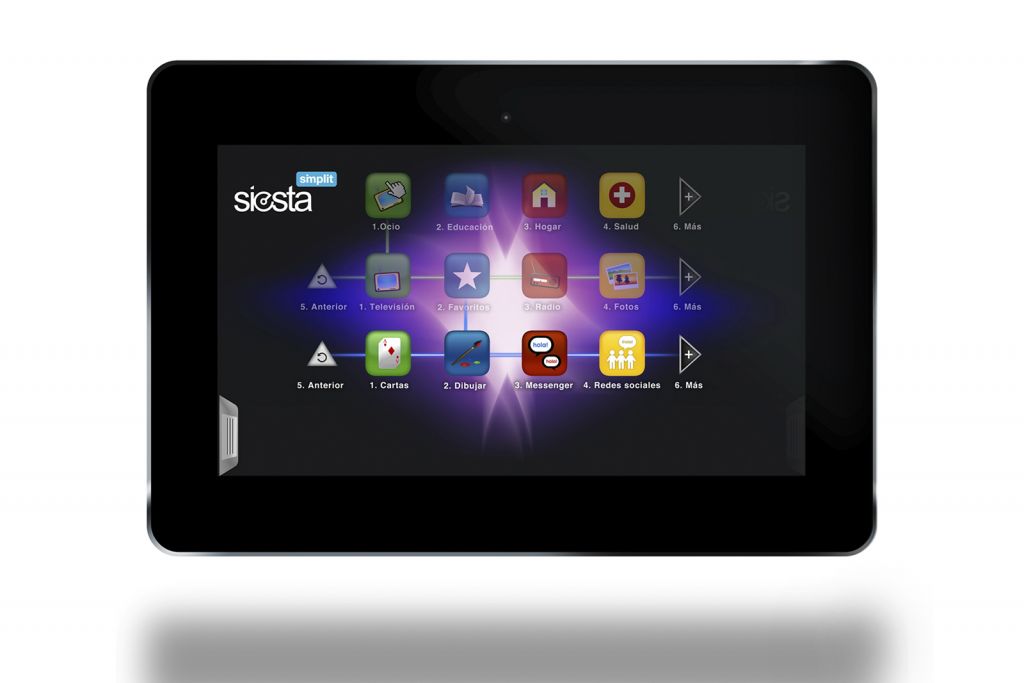
IBV has the SIMPLIT certification by which companies can accredit that a device or service is easy to use, comfortable and intuitive for elderly people.
To obtain the SIMPLIT seal, the product or service must pass an evaluation process that includes verification that it meets regulations and usability tests with the users themselves.

